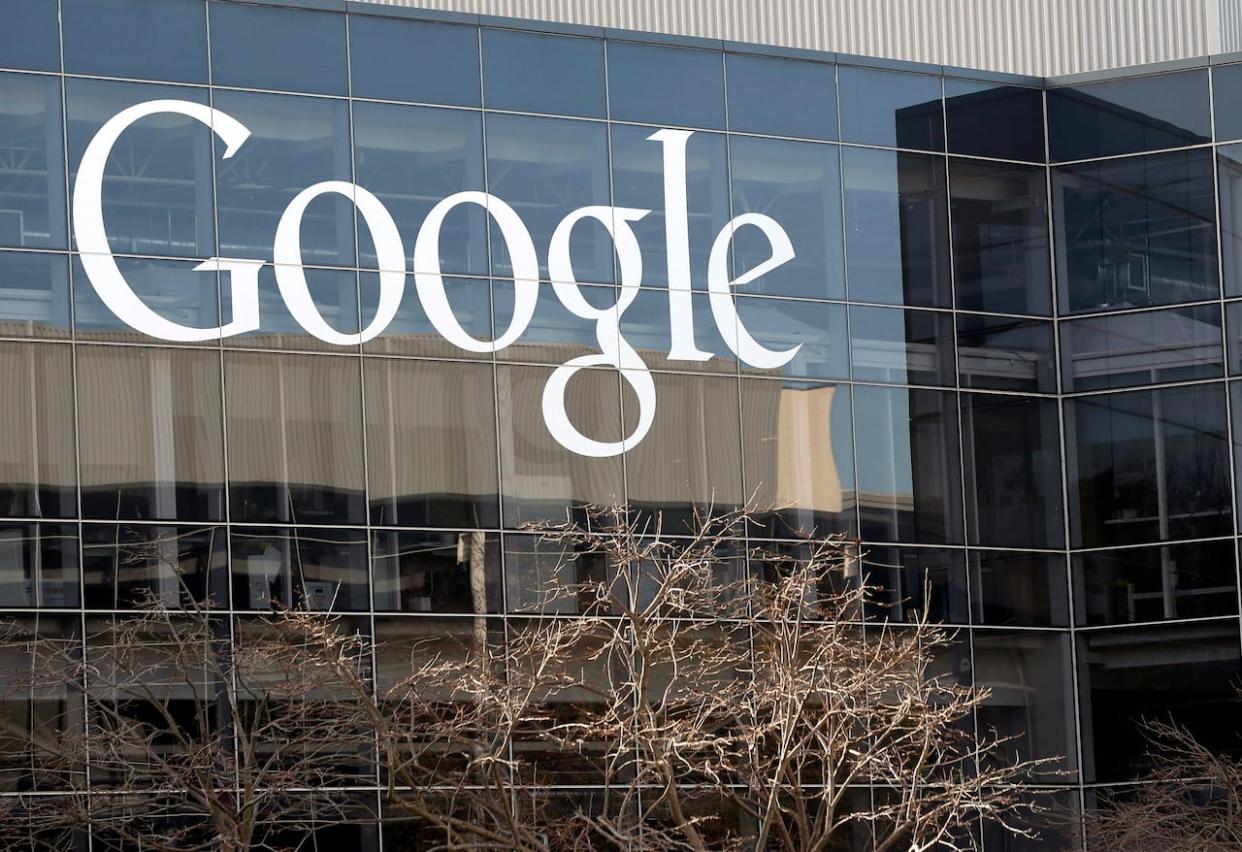Class-action against Google Photos resurrected by B.C. Court of Appeal

The B.C. Court of Appeal has resurrected a man's attempt to bring a class-action lawsuit against Google for allegedly breaching user privacy by using facial recognition technology to collect and store biometric data.
The appeal says Yeremia Situmorang can head back to B.C. Supreme Court in his bid to certify a class action against the technology giant.
In a notice of civil claim, Situmorang said he used Android phones to snap photos of himself and others, including his children, which were automatically uploaded to Google Photos, the tech giant's photo sharing and storage service. He said he did not give the company consent to extract, collect, store, and use his facial biometric data, or those of his children, who do not use Google Photos.
Situmorang "alleges that facial biometric data is intrinsically sensitive personal information, akin to an individual's DNA or fingerprints," according to court documents.
He alleges the company's handling of the data "without adequately disclosing this practice to class members or seeking their consent constitutes a violation of their privacy."
Situmorang brought an action on behalf of users and non-users of Google Photos whose facial biometric identifiers were extracted and collected.
'Face grouping' private to user's account, says Google
In its response to the civil claim, Google said its "face grouping" feature uses algorithims to organize photos containing faces that are similar.
"The algorithms used for face grouping do not attempt to identify a person from a photo; rather their only function is to create a 'face template' that is then used to group photos," reads a summary of the response to the civil claim.
The data used to create the face groups are private to a user's account and only used within that account, the company said.
It also said the use of face grouping is disclosed to all Google Photos users, who can opt out of the feature at any time.
In a November 2022 decision, a chambers judge dismissed the action, saying it was "plain and obvious" that the allegations did not establish that Google's "conduct was without lawful justification." It also failed to establish that a reasonable person would consider Google's use of biometrics for face grouping to be highly offensive.
The chambers judge dismissed Situmorang's claims that facial biometric data is accessible to third parties, and that Google uses the data to gain a competitive advantage, calling the claims "vague and speculative."
Allegations not 'vague and speculative': judge
In his appeal, Situmorang argued that the chambers judge erred by "fundamentally mischaracterizing" his claim.
In a judgment released on Jan. 11, Justice Karen Horsman agreed with Situmorang. She wrote that his claim is not that Google collected data for the face grouping function, but that the company extracted, collected, stored, and used the data from photos uploaded to Google Photos without the consent or knowledge of affected individuals.
"Whether the facial biometric data collected from class members was used, exclusively or otherwise, for the purpose of the face grouping function is, as the appellant argues, largely irrelevant to the viability of the pleaded causes of action," Horsman wrote.
"[Situmorang] pleads that each class member has a right to control their own facial biometric identifiers, and that control was not ceded by the act of uploading a photograph.
"In my view, the judge erred in assessing the elements of the causes of action through the lens of a claim the appellant was not, in fact, advancing."
She added that the fact Situmorang can't yet plead with precision about Google's use of the data, or to what extent the company has permitted others to access the information, does not make the allegations "vague and speculative."
"The allegations may prove to be factually untrue, but that is a matter for trial," Horsman wrote. "The pleaded facts must be assumed to be true for the purpose of the cause of action analysis."
CBC News has reached out to Google for comment.


